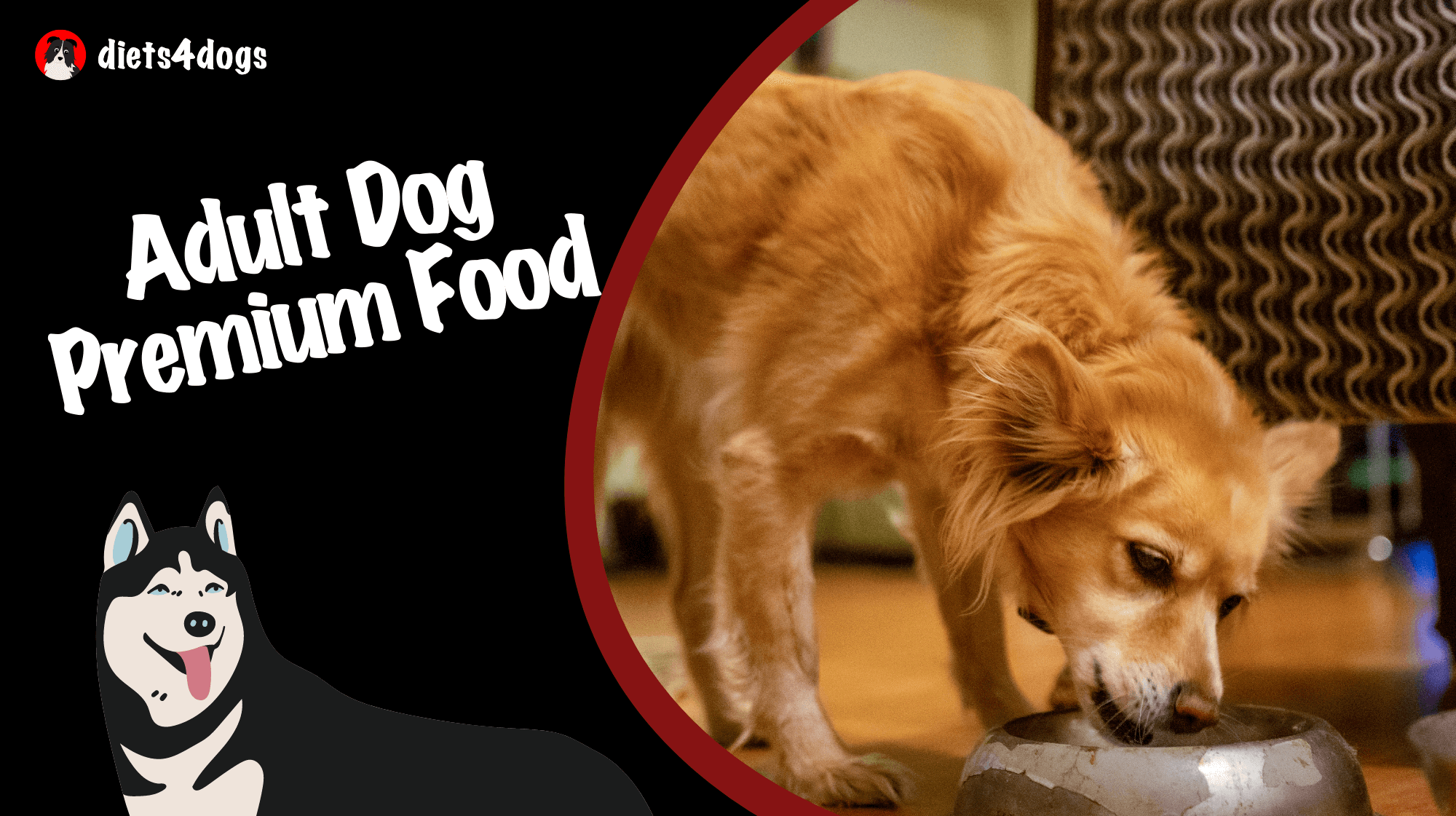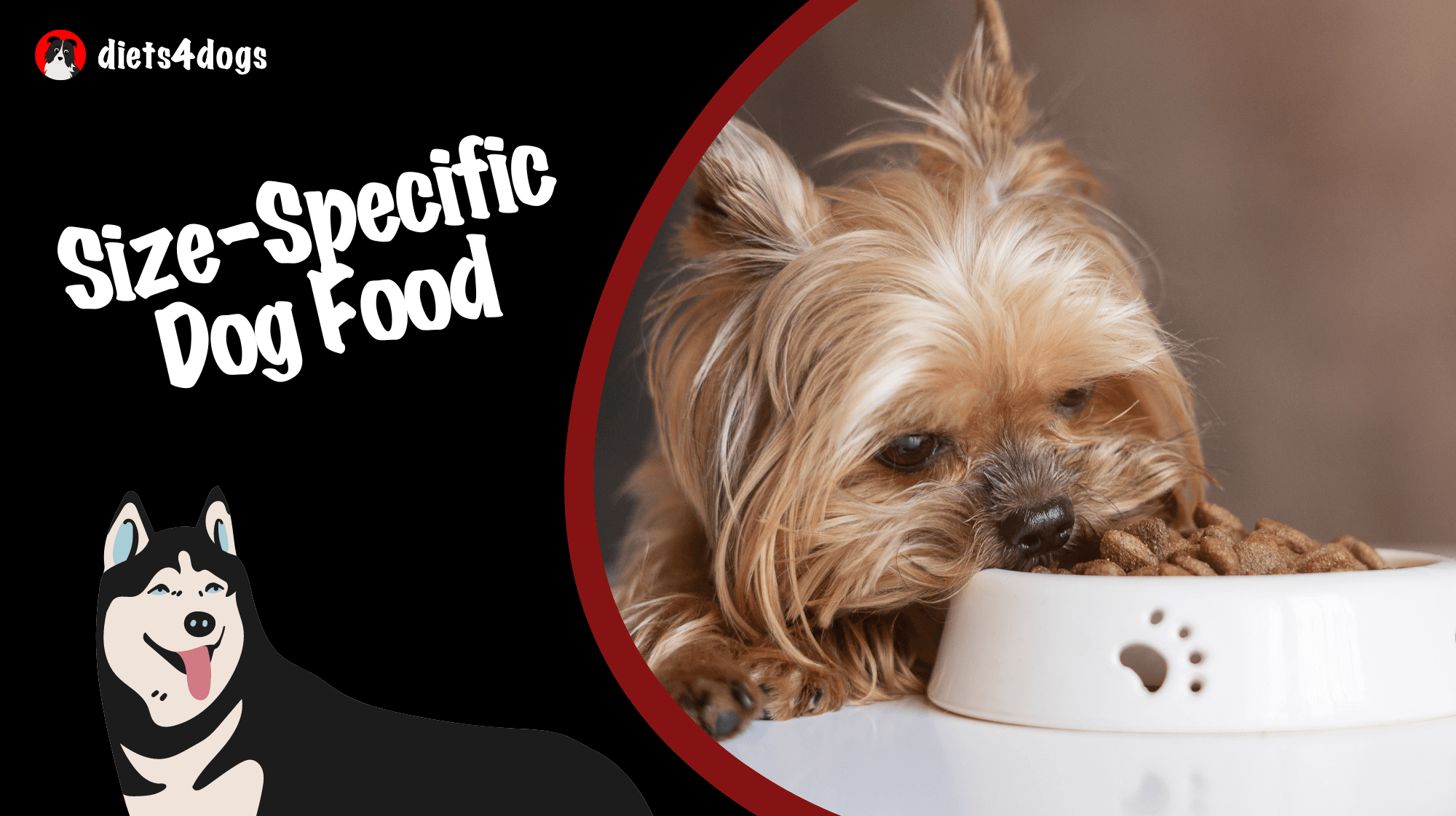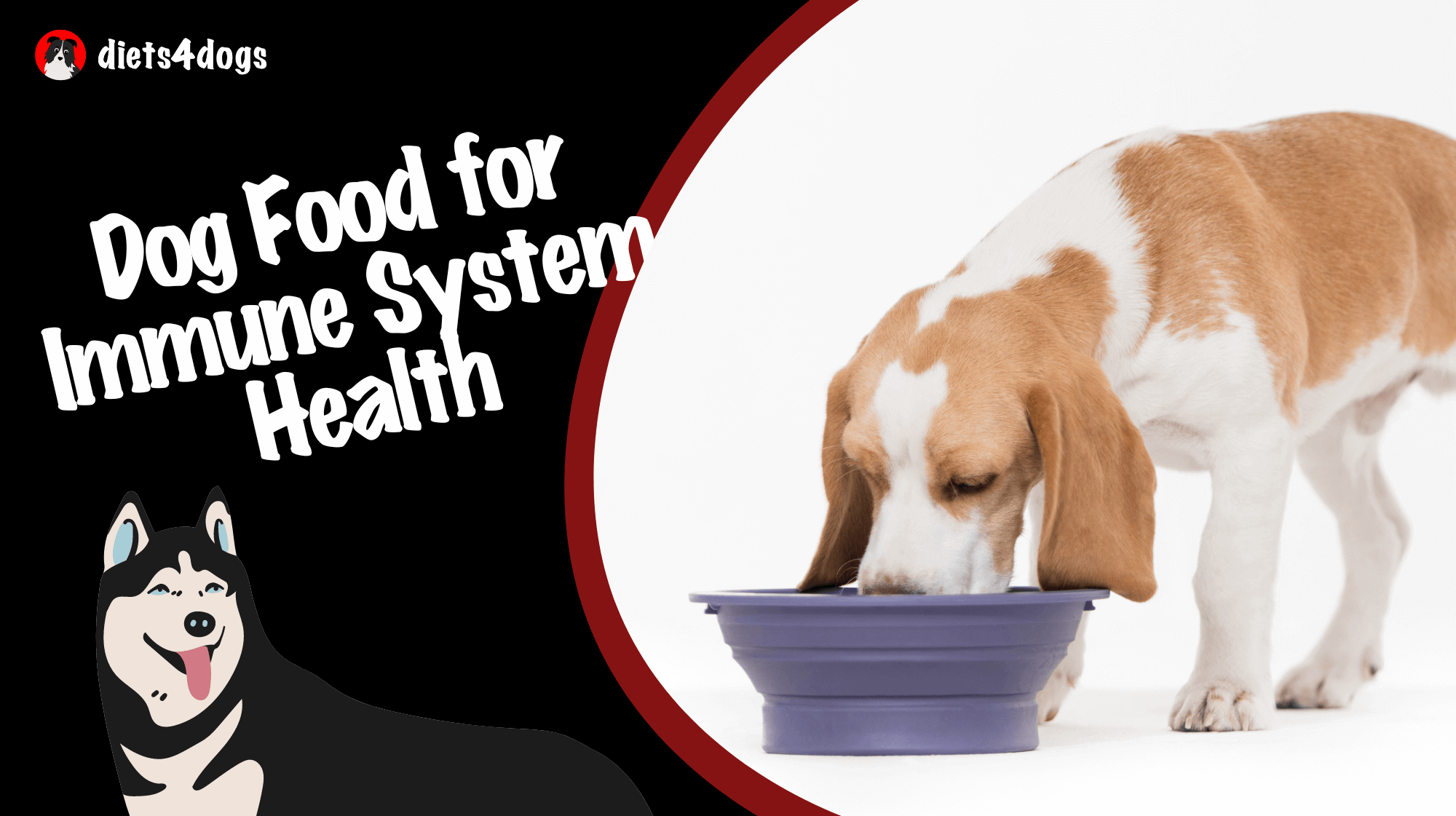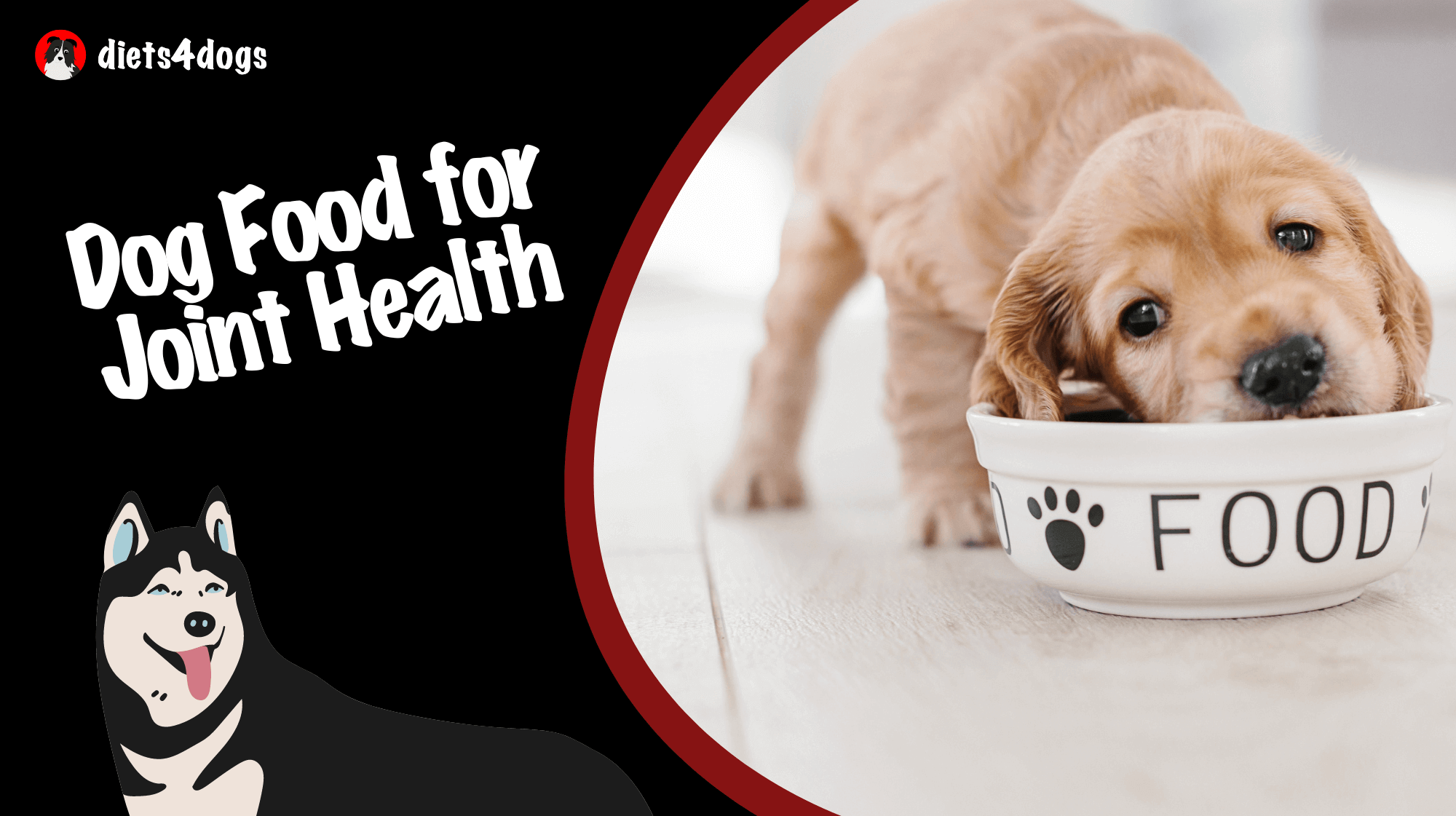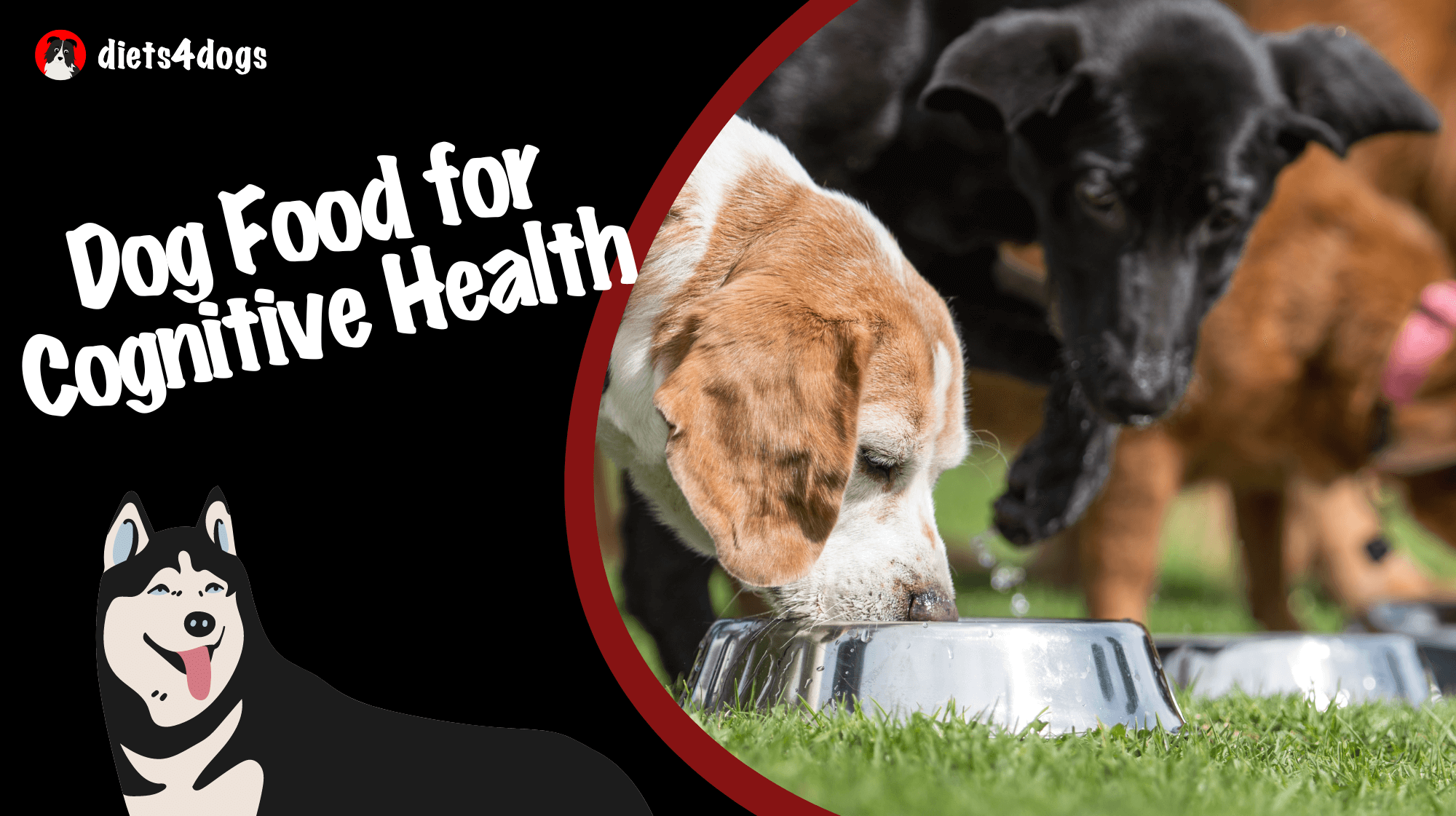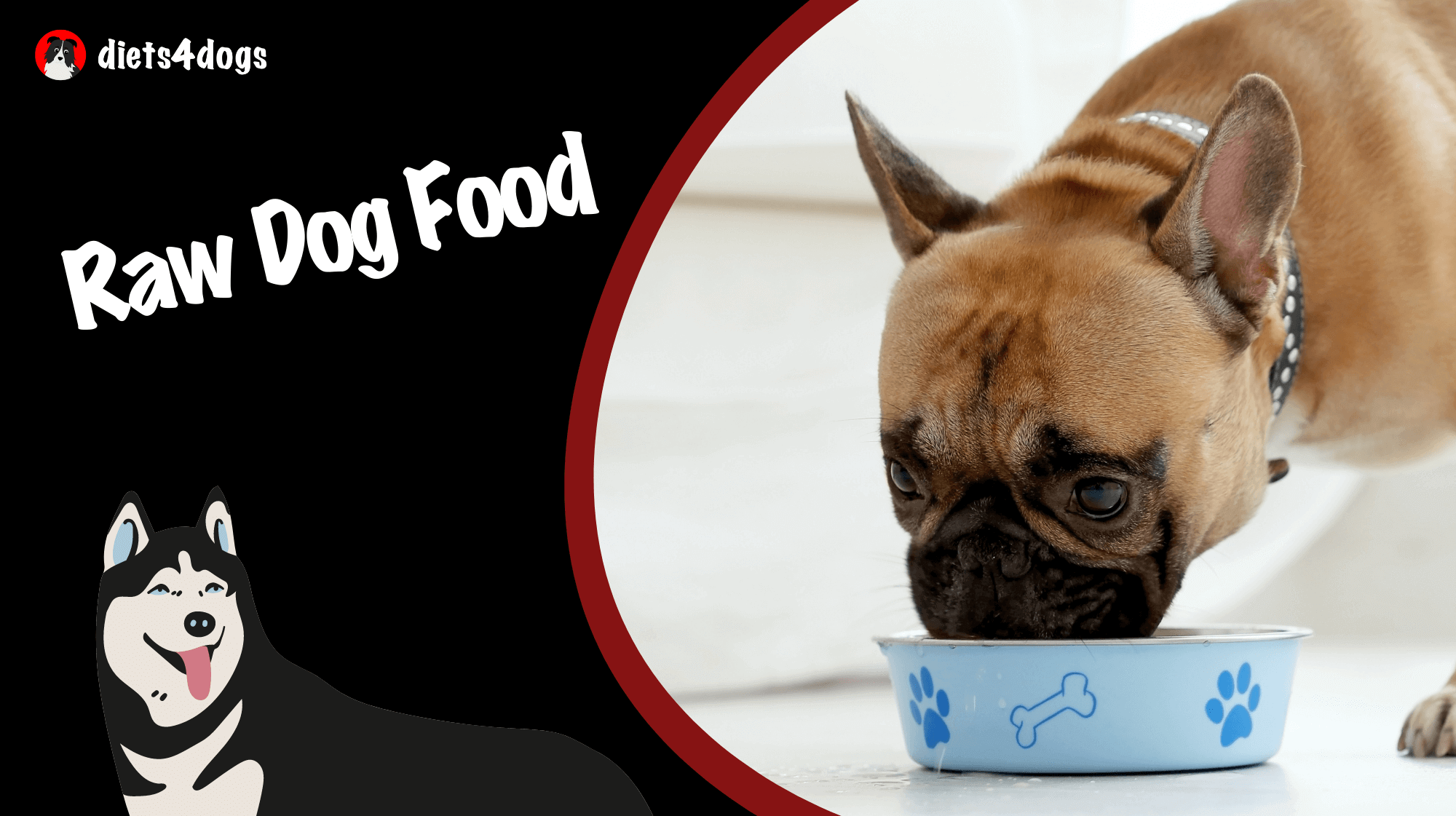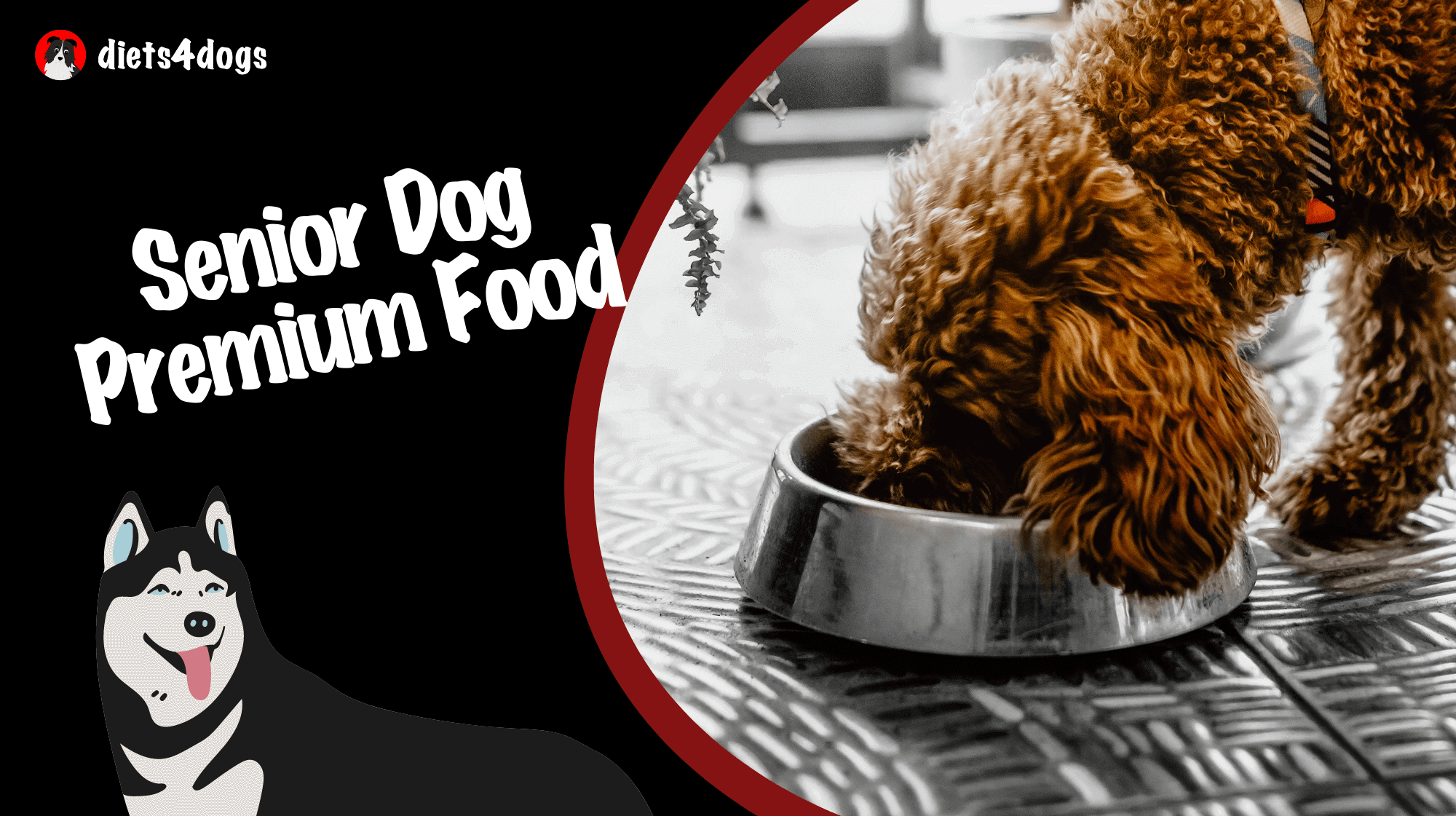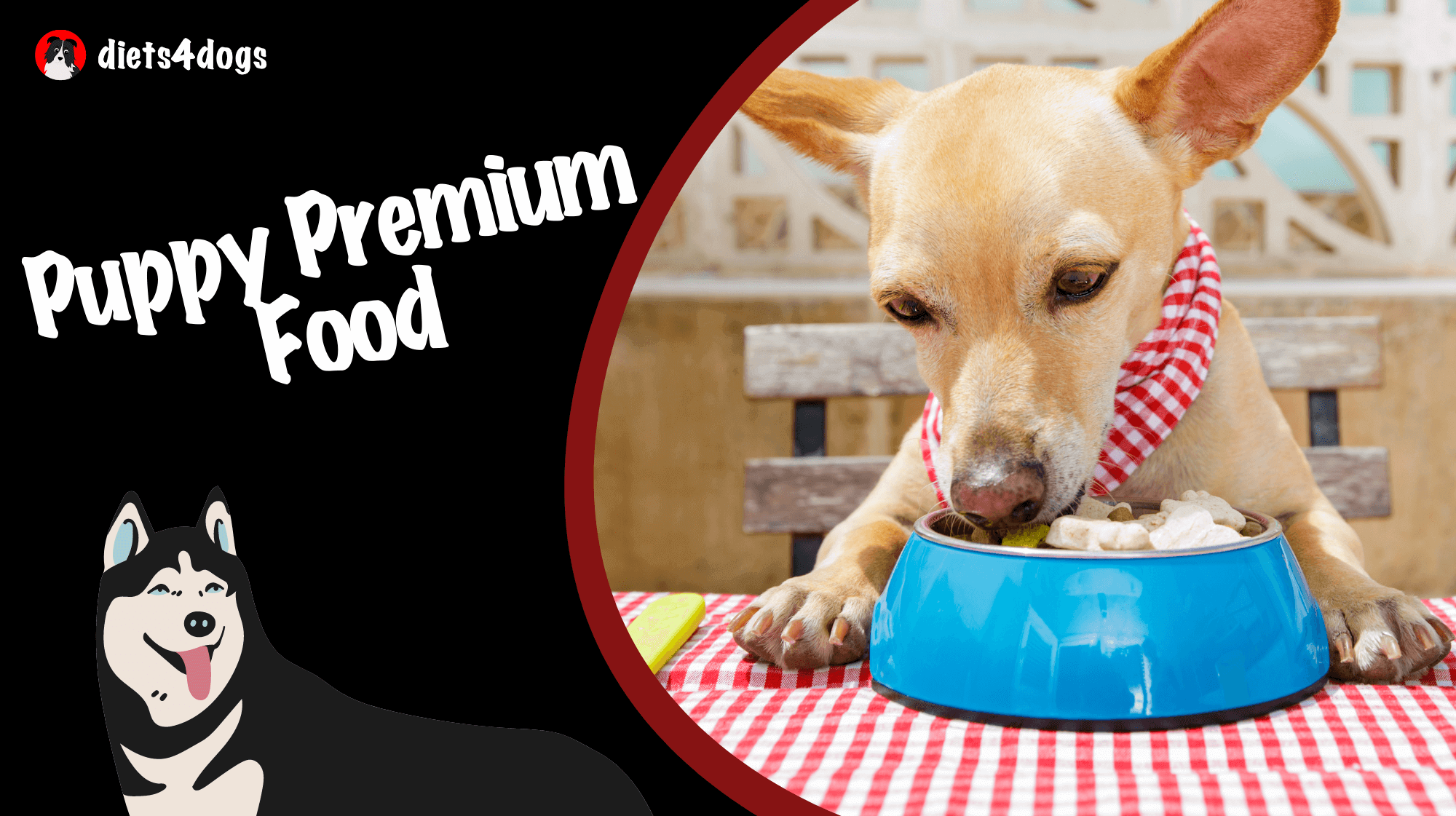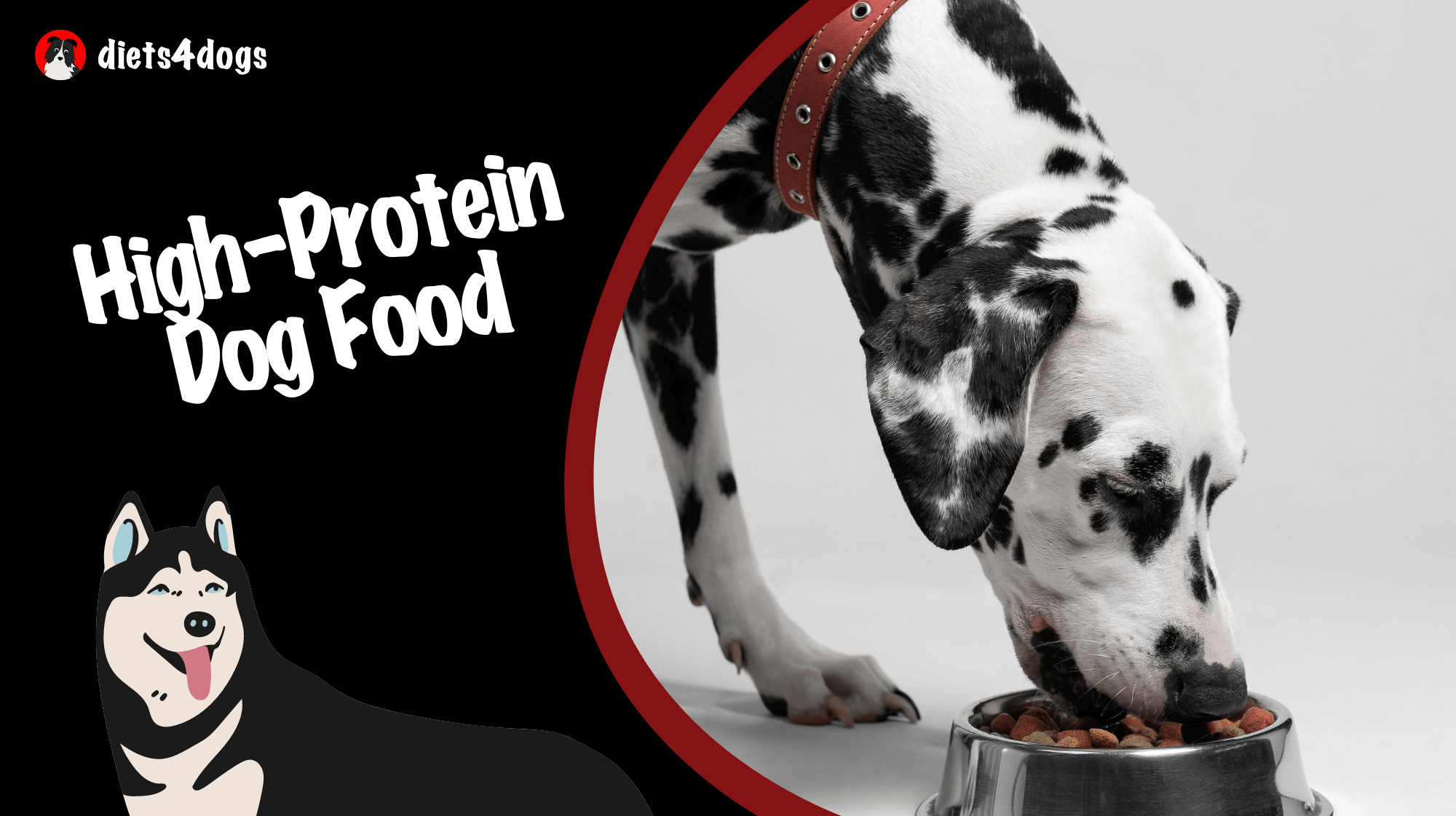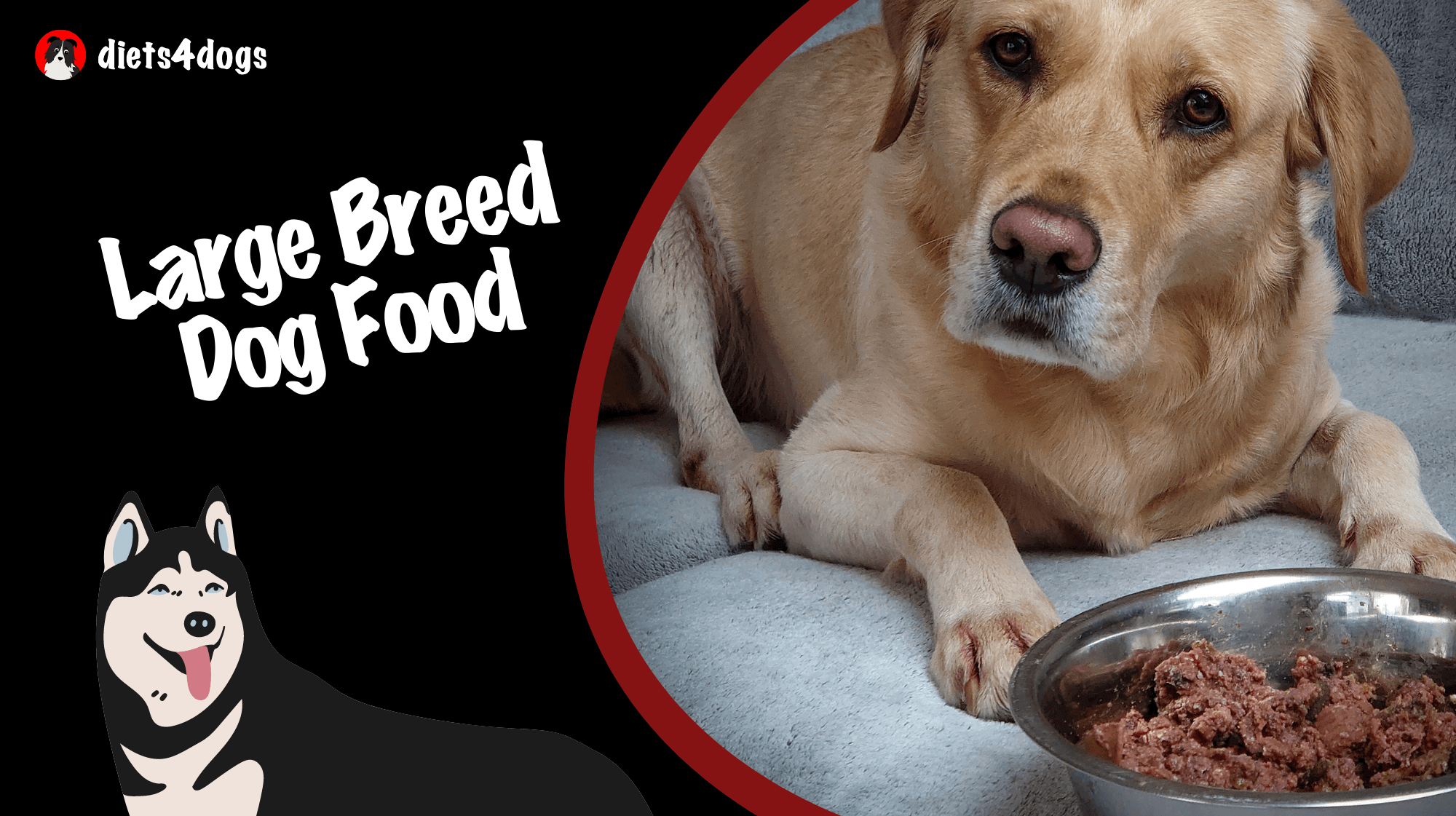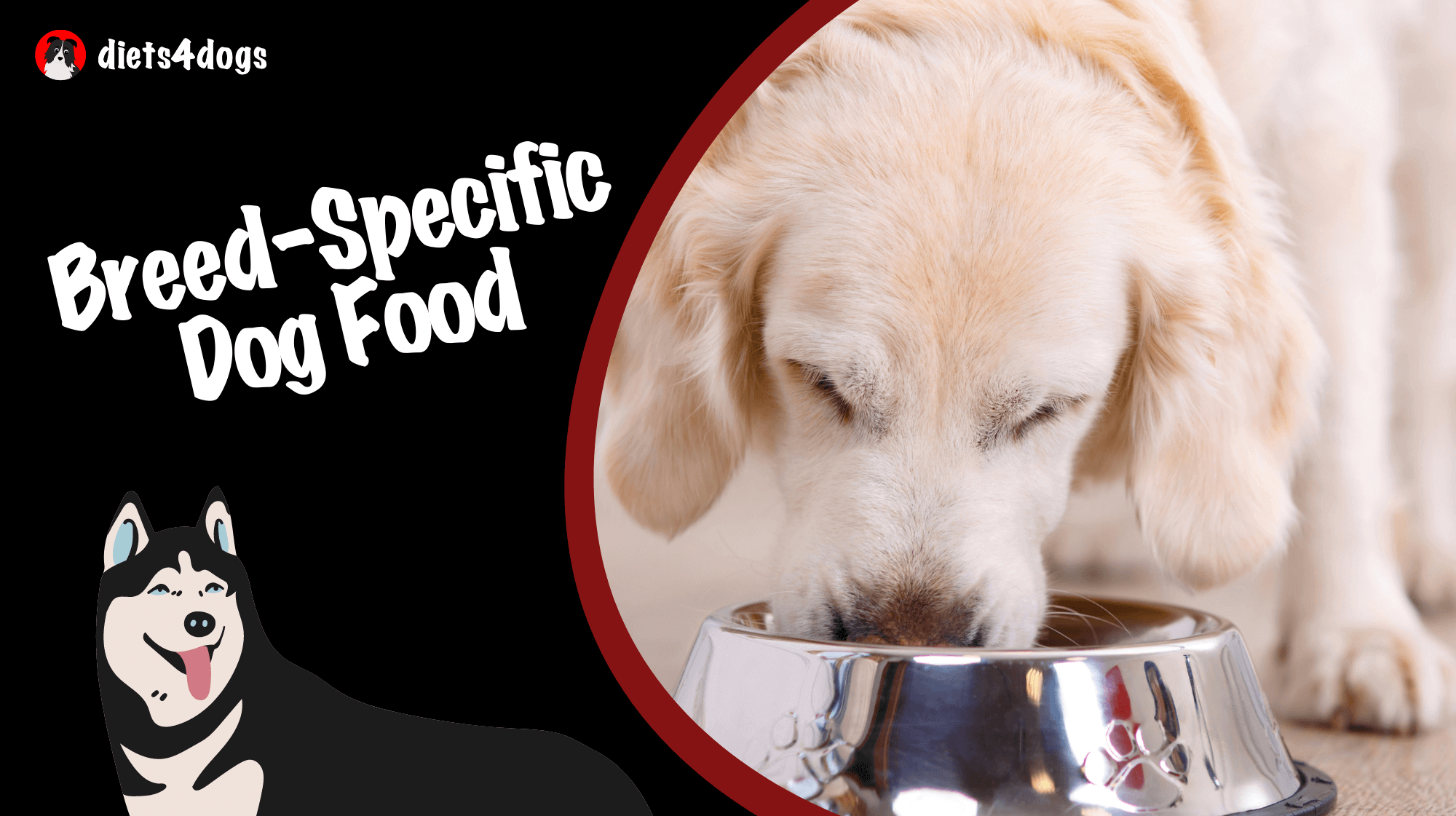As dog parents, we always want the best for our fur babies, and that starts with feeding them the highest quality food to maintain their optimum health. Our latest blog post, ‘Adult Dog Premium Food: Maintaining Optimum Health’, will take you on a fun and informative journey, diving deep into the world of well-balanced nutrition for adult dogs. Discover how premium adult dog food plays a crucial role in supporting their overall health and learn about the factors that make a brand truly stand out in the paw-sitively booming industry of dog nutrition. Get ready to unleash your dog’s full potential!
Adult Dog Premium Food: Maintaining Optimum Health
Adult Dog Premium Food is specifically formulated to provide well-balanced nutrition for adult dogs, ensuring that they receive all the essential nutrients in the right proportions to support their overall health. High-quality ingredients, digestibility, and nutritional value are key components of premium dog food brands, which contribute to optimal maintenance of a dog’s immune system, skin and coat, muscle mass, and more. When selecting the best brand for your pet, consider factors such as your dog’s breed, weight, activity level, and any specific dietary needs to ensure you’re making the healthiest choice for your furry companion.
Unlocking the Benefits of Premium Dog Food
Choosing premium dog food for your beloved canine comes with paw-some benefits that can immediately improve their quality of life. Let’s explore why premium food stands out amongst the dog food aisle.
High-Quality Ingredients
One of the most significant advantages of premium dog food is the utilization of high-quality ingredients. Top-tier brands often incorporate natural, whole foods and lean proteins that your dog will certainly appreciate. High-quality ingredients not only taste better, but they also provide easily digestible nutrients crucial for maintaining a healthy lifestyle.
Balanced Nutrition
Balanced nutrition, offering the ideal mix of proteins, fats, carbohydrates, vitamins, and minerals, is essential for keeping your dog in tip-top shape. Premium dog food ensures your dog receives all the necessary nutrients, without the use of filler ingredients, to support their overall health and well-being.
Determining the Best Premium Food for Your Canine Companion
Now that we’ve established the importance of premium dog food, how can you determine which one is a perfect match for your pupper? Focus on the following factors to make an informed decision:
Size and breed
Size and breed matter when selecting the right dog food. Large breeds like Great Danes and smaller breeds like Dachshunds have their own unique set of nutritional requirements. Many premium brands offer specific formulas tailored to your dog’s needs, so be sure to review the labeling and choose the one designed for your dog’s breed or size category.
Activity level
From couch potatoes to highly-active canine athletes, dogs vary in their energy needs. Some adult dogs require more calories, while others, depending on their lifestyle, may need fewer. Pay close attention to the calorie information on premium dog food bags, making sure it aligns with your dog’s energy levels to avoid over or underfeeding.
Food sensitivities or allergies
Some dogs may have sensitivities or allergies to certain ingredients, making paying attention to the components in dog food essential. Premium options often cater to dogs with specific requirements, such as grains, chicken, or artificial additives. In case of suspected allergies, consult your vet for recommendations on the best hypoallergenic premium dog food options.
Reap the Rewards of Premium Dog Food
Feeding your adult dog premium dog food is an investment in their overall health and happiness. By providing your pet with the most nutritious and tasty diet possible, you’re paving the way for a more energetic, healthier life together. Savvy pet parents know that their best friend deserves nothing less than the best!
Understanding Your Dog’s Nutritional Needs at Different Life Stages
While adult dog nutrition is essential to maintaining optimum health, it’s also vital to acknowledge that your dog’s nutritional necessities change throughout their life. Puppies, seniors, and pregnant or nursing dogs have unique dietary requirements that need to be addressed. As your dog’s guardian, it’s essential to adapt and adjust feeding habits accordingly to ensure they stay happy and healthy.
Grain-Free and Raw Diet Options
The world of premium dog food extends beyond just traditional kibble, with options like grain-free and raw diets also available for those interested in exploring alternative nutrition paths.
Grain-Free Dog Food
Grain-free options have become increasingly popular among dog nutrition enthusiasts, as some dogs might better thrive without grain-based ingredients. These alternative dog food options are formulated to exclude common grains and replace them with alternative sources of carbohydrates, such as sweet potatoes or chickpeas. If you suspect your dog has a grain sensitivity, consult your veterinarian before transitioning to a grain-free diet.
Raw Diets
Raw diets, also known as BARF (Biologically Appropriate Raw Food), have gained a fair share of attention in the dog nutrition world. The idea is to feed our canine companions food that mimics what their ancestors would have naturally eaten. Raw diets primarily include uncooked meat, organs, raw eggs, and some vegetables. To ensure your dog receives a balanced diet, it’s essential to work closely with your veterinarian or a pet nutritionist to craft a well-planned raw diet.
Reading the Label: What to Look for in Premium Dog Food
When scouring the vast array of dog food options, labels can be a goldmine of information. Always check for the following factors when selecting your chosen dog food:
Meat as the First Ingredient
A high-quality protein source, typically in the form of real meat, should be the first ingredient listed. An easily identifiable protein source, such as chicken, beef, or lamb, is preferred over a generic term like “animal by-products.
Whole, Natural Ingredients
When browsing the ingredient list, look for whole foods and natural ingredients. Steer clear of artificial colors, flavors, and preservatives, as premium dog food should be as natural as possible.
Affirmed by AAFCO
AAFCO (Association of American Feed Control Officials) guidelines are an excellent resource for ensuring your pet’s food is well-regulated and adheres to industry standards. Look for a statement on the packaging indicating that the product meets AAFCO dog food nutrient profiles, providing additional peace of mind.
By understanding the significance of premium dog food and the impact of well-balanced nutrition on your dog’s overall health, you’re one step closer to ensuring your fur baby enjoys a long, prosperous, and tail-wagging life!
FAQ Section: Your Dog Nutrition Questions Answered
Still have burning questions regarding premium adult dog food and overall dog nutrition? Our FAQ section is here to help, as we address the most common questions pet owners have about choosing the best food for their furry friend.
Most adult dogs should be fed twice a day, with meals approximately 8 to 12 hours apart, to maintain stable blood sugar and energy levels. But it’s essential to tailor feeding schedules to your dog’s individual needs, as their age, weight, and activity levels play a crucial role.
It’s highly recommended to transition your dog’s diet gradually to avoid stomach issues. Mix increasing amounts of the new premium dog food with the old food over a week, gradually lowering the proportion of the old food each day until it is completely replaced.
3. Is wet dog food better than dry kibble, or vice versa?
Both wet and dry dog food have their advantages. Dry kibble is generally more affordable, easy to store, and can help clean your dog’s teeth. Wet food provides hydration, which can be beneficial for dogs prone to urinary issues, and is often more palatable. Premium options are available in both categories, and it ultimately depends on your dog’s preferences and specific needs.
Store premium dog food in a cool, dry place to maintain freshness. For dry kibble, keep it in its original packaging and place it inside an airtight container. Wet food should be refrigerated after opening and consumed within 3-5 days, depending on the manufacturer’s recommendations.
Yes, mixing dry and wet premium dog food can provide a balanced diet while offering an enjoyable eating experience for your furry friend. However, it’s essential to monitor calorie intake to avoid overfeeding.
6. How do I know if my dog is thriving on their current dog food?
Consider your dog’s stool quality, energy levels, skin and coat condition, and weight maintenance. A diet that agrees with your dog will result in firm, well-formed stools, consistent energy levels, a shiny coat, and a stable and healthy weight.
7. Are there any foods I should never give my dog?
Avoid feeding your dog chocolate, grapes, raisins, onions, garlic, avocados, macadamia nuts, xylitol (artificial sweetener), and alcohol, as these can be toxic to dogs. Consult your veterinarian if you’re unsure about a specific food.
While some human foods—like lean meat, vegetables, and fruits—can be safe for dogs, it’s essential to avoid feeding them scraps and ensure their primary nutrition comes from premium dog food. Consult your veterinarian before adding human food to your dog’s diet.
9. Can I continue feeding my dog puppy food as an adult?
As puppy food is formulated specifically for a growing puppy’s nutritional needs, it’s not suitable for adult dogs. Switch to a premium adult dog food suitable for their size, breed, and activity level, as adult dog food is tailored to their health and wellbeing requirements.
10. How to handle a picky or reluctant eater?
For picky eaters or dogs hesitant to try new food, try gradually introducing the premium dog food by mixing it with their current food. If your dog still refuses the premium dog food, consult your veterinarian to rule out any underlying health issues and seek recommendations on other high-quality alternatives.

